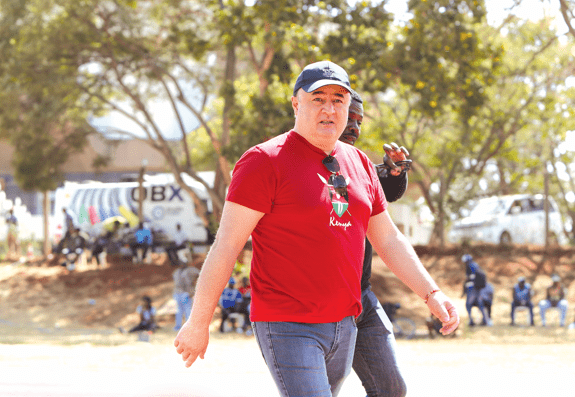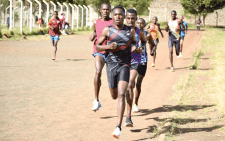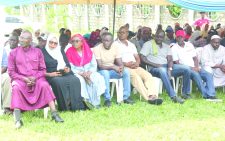Drug resistance needs more than medical attention

Late last year, Kenya hosted a delegation of experts in antimicrobial resistance (AMR) to highlight the importance of collaborative, cross-sectoral approaches in the fight against AMR.
Such approaches—which the World Health Organisation (WHO) collectively calls the One Health approach—recognise that this international crisis threatens not only our health, but also food security and economic stability. Like all living organisms, bacteria, viruses, fungi, and parasites are subject to evolution: random mutations occur, and those that aid survival are likely to spread. The misuse and overuse of antibiotics increases the chances of organisms evolving in ways that make them resistant to these drugs.
This is happening today, with more and more infections becoming harder to treat. In 2019, 4.95 million people died as a result of AMR. With 27.3 in every 100,000 deaths in our region that year caused by AMR, Sub-Saharan Africa is being hit hardest by this slow-moving disaster. And experts believe these official estimates are likely to be just the tip of the iceberg. In Africa, many health facilities lack the diagnostic tools they need to reliably identify the organisms causing diseases, as well as the capacity to collect, report, and use data on how AMR arises and spreads. And even when such data are collected, gaps in health, laboratory and surveillance systems often cause them to go unreported.
As a result, policymakers lack the information they need to understand the true burden of AMR and develop effective prevention and control strategies. In response to the WHO 2016 Global Action Plan on Antimicrobial Resistance, the Government of Kenya collaborated with key stakeholders to publish its own national action plan for combatting AMR.
A central component of the plan is the establishment of a national surveillance network designed to gather comprehensive data on AMR in humans. As the country’s technology sector continues to grow, Kenya’s National Antimicrobial Stewardship Interagency Committee (NASIC) recently reported that it has made significant strides in using digital systems as core tools for AMR surveillance. Starting with two pilot AMR surveillance sites in 2018, NASIC has now established 23 such sites throughout the country: 17 for monitoring AMR in humans, and another six for the animal sector—where the misuse and overuse of antibiotics in animals is making a significant contribution to the rise of AMR.
With the support of FIND, the global alliance for diagnostics, and other partners, NASIC has also developed an integrated system for collating and analysing AMR data from all of these surveillance sites. This system gives NASIC and other stakeholders vital information that enables them to better understand resistance patterns and identify resistant organisms. Kenya has laid important foundations for an effective AMR surveillance system.
But if that system is to deliver the comprehensive, reliable data that Kenya needs to drive effective interventions, the country must now intensify its collaborative efforts. In particular, Kenya will now focus on building additional diagnostic capacity throughout its health facilities and expanding its surveillance network across the country to gather more representative data. Another key project is to improve the system’s capacity for sharing the data it collects, so that it can be used to create a more accurate and comprehensive picture of AMR burden and drive public health action.
The first step to solving a problem is to understand it. Reliable data are indispensable to the creation of policies and health interventions designed to combat AMR. And with the global burden of AMR continuing to grow each year, we must stay one step ahead of the problem if we are to prevent it from spiraling out of control.
—Joseph Njunge is a Technical Officer Digital Access while Veronicah Chuchu is an AMR Data Use Specialist, both at FIND












